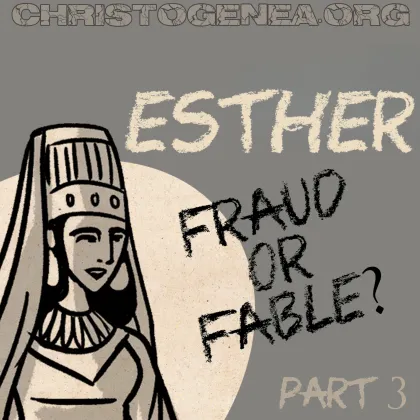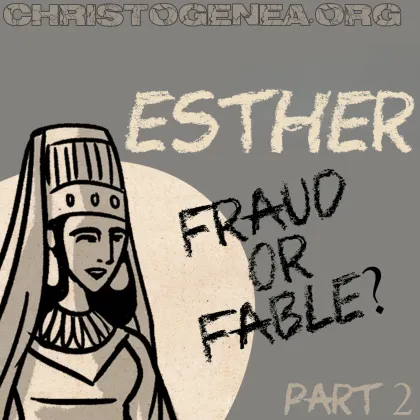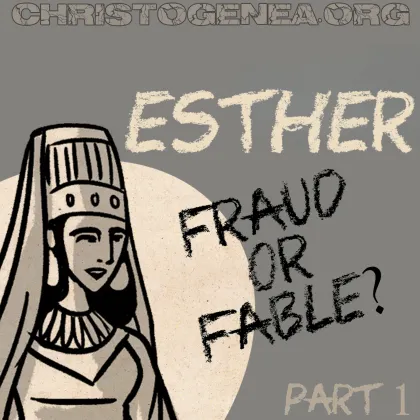A review of the sermons With Healing in His Wings and A Reward for the Righteous, by Bertrand Comparet
Christogenea Internet Radio December 25th, 2015
Just this past week two members of our extended family of friends and listeners have lost spouses. Our prayers and deepest sympathies are with them. We also have some dear friends who are sick, and our prayers are with them constantly. We pray for their well-being and recovery, but of course we also understand that the will of Yahweh our God is not always what we desire. So we honor Him whether our prayers prevail or not. We grieve upon the passing of a loved one, and we should. Of course we shall miss them. But as knowing Christians we also have a sure hope that the loss is no loss at all, but is rather only a temporary separation. As we read in 1 Corinthians chapter 15: “12 Now if Christ is proclaimed, that from of the dead He has been raised, how do some among you say that there is not a restoration of the dead? 13 Then if there is not a restoration of the dead, neither has Christ been raised; 14 And if Christ has not been raised, then our proclamation is empty, and empty is your faith. 15 Then we are also found to be false witnesses of Yahweh, because we have testified concerning Yahweh, that He raises the Anointed, which He does not raise if indeed then the dead are not raised. 16 Indeed if the dead are not raised, neither has Christ been raised, 17 but if Christ has not been raised, empty is your faith; you are still in your errors. 18 And then those that have been dying in Christ have been destroyed. 19 If only in this life have we had hope in Christ, we are the most pitiable of all mankind. [Even the pagans had always believed that the spirit of a man survived the physical body.] 20 But now Christ has been raised from the dead, the first fruit of those who are sleeping. 21 Indeed since death is through a man, restoration of the dead is also through a man. 22 Just as in Adam all die, then in that manner in Christ all shall be produced alive.”
When I first began to study Christianity, after being introduced to Christian Identity, I thought long and hard for many months, comparing in my mind the materialist worldview of life and death to the transcendental worldview expressed in Scripture. As I progressed through reading the Bible cover-to-cover for the first time, I encountered the book of Ecclesiastes and I realized that the failure of the materialist worldview was addressed 3,000 years ago by Solomon. That book was written with a purposely cynical attitude because the author in his wisdom wanted to relate to us that there is no hope without our God, and, in turn, if there is a God then indeed we have hope. I then came to realize that all is indeed vanity, unless there be a God, and since both the wonders of Creation and the marvels of prophecy have the signature of our God all over them, then all is not vain, and the promises of Christianity must be true. Now I have no doubt at all, that the confidence expressed by Paul of Tarsus is true, and to be absent from the body is to be present with the Lord. With this we hope to encourage our brethren.








 Please click here for our mailing list sign-up page.
Please click here for our mailing list sign-up page.








Recent comments